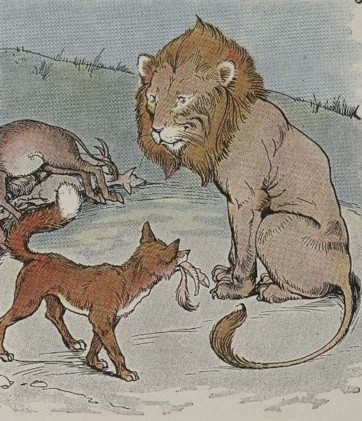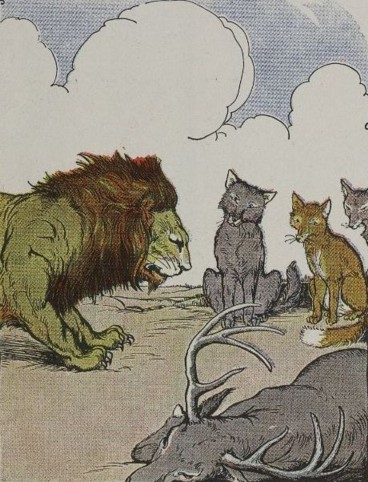| 1. fit ふさわしい、(…に)適した | |
| 2. probably 多分 | |
| 3. definitely 絶対に |

Emma, what do you think about these pants?
|
|
Those pants might not fit you. Try to find another pair.
|

How about these?
|
|
Those will definitely look good on you!
|

Thanks. Let me try them on first.
|
|
Try these shoes on too. They are probably expensive.
|

Wow! Sure, thanks.
|

Emma, what do you think about these pants?
|
|
Those pants _____________. Try to find another pair.
|

How about these?
|
|
Those will definitely __________ on you!
|

Thanks. Let me try them on first.
|
|
Try these shoes on too. They are ______ expensive.
|

Wow! Sure, thanks.
|
| 1. | A: How about __________? B: That might be suitable. |
| 2. | A: What do you think about this cap? B: I think _____________. |
| 3. | A: _______________ shoes? B: Those might not look good for the party tomorrow! |
| 4. | A: What do you think about this coat? B: _______ it looks ______. |
| 5. | A: What do you think _________________? B: I love it! It definitely matches my style. |
| 6. | A: _________________ this shirt? B: That will probably fit you. |
| Grammar 文法 |
Pronunciation 発音 | Vocabulary 単語 |
Comprehension 理解 |
|
|---|---|---|---|---|
 GOOD GOOD |
文法の誤りはほとんどなく、完全な文章で話すことができる | ほとんどの単語をはっきりと正しく発音することができる | 習った表現を適切に使うことができる | 文章を理解し、質問に正しく答えることができる |
 FAIR |
文法の誤りはあるが、完全な文章で話すことができる | 発音の練習が必要な言葉がいくつかある | たまにミスはあるが、習った表現を適切に使うことができる | 文章を完全に理解するのは難しく、質問に正しく答えられないときもある |
 POOR |
文章で話すのは難しく、単語だけで話すことができる | 発音の練習が必要である | 習った単語と表現を少しだけ使うことができる | 文章を理解するのは難しく、質問に答えるのは難しい |





